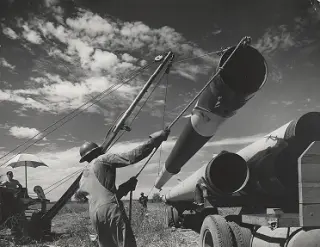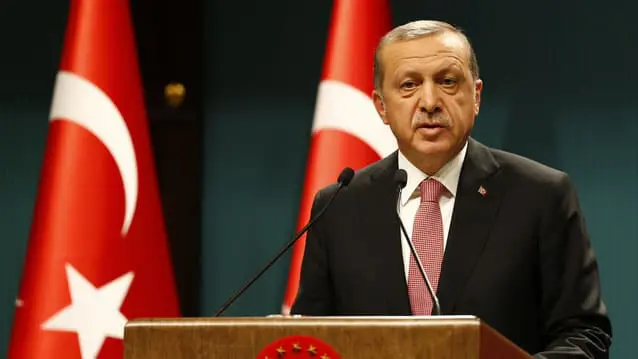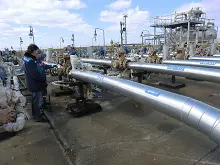President Vladimir Putin and his Turkish counterpart Recep Tayyip Erdogan earlier this month signed an intergovernmental agreement for the Turkish Stream pipeline in Istanbul. The agreement had been long in the making. The original plans for the pipeline, which is set to run from Russia and underneath the Black Sea to Turkey, date back to December 2014, when Putin pulled the plug on the South Stream project.
South Stream, which was supposed to run through the Black Sea to Bulgaria and through Serbia, Hungary and Slovenia further to Austria, has been replaced by Turkish Stream.The pipeline has since been marred by numerous setbacks. For a long time, Turkey and Russia failed to agree on a discount on gas deliveries demanded by Ankara. And when, in November last year, Turkish fighter jets downed a Russian jet that strayed into Turkish airspace, the project was placed on hold for the foreseeable future. Recently however, Turkey and Russia experienced a thaw in their relations which has led to the revival of the project.
What are the strategic implications of the agreement, taking into account the desire on the part of the EU to wean itself off of its dependence on Russian gas? It appears that Putin and the Russian state-owned gas company Gazprom are trying to create a precedent in order to undermine future gas deliveries via the EU’s planned Southern Gas Corridor writes Sijbren de Jong in a comment for the Royal United Services Institute.
The full article can be read here.
Forbes Magazine did an item on the article, asking ‘Who suffers from the Russia, Turkey pipeline deal?’ in which it interviewed Sijbren de Jong and extensively quoted the commentary prepared for the Royal United Services Institute.
The full article can be read here.
Photo credit: SMU Central University Libraries via Foter.com / No known copyright restrictions





